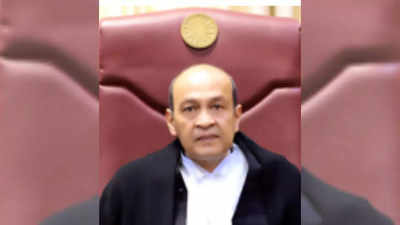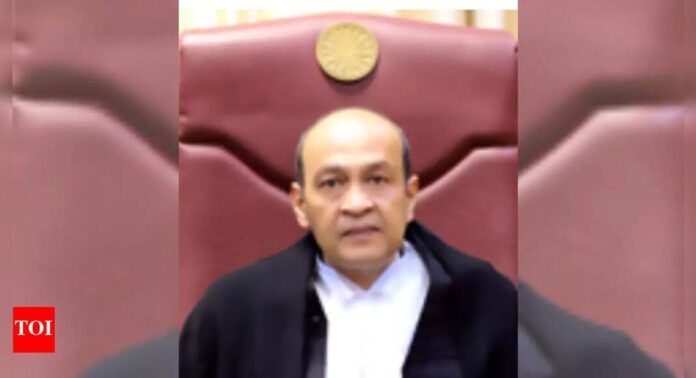
Government Notifies Justice Varma’s Transfer
📍 NEW DELHI: The government has officially transferred Justice Yashwant Varma from the Delhi High Court to the Allahabad High Court amid an ongoing probe into the alleged discovery of cash at his official residence.
According to the notification:
“Under Article 222(1) of the Constitution, the President, after consulting the Chief Justice of India, has transferred Justice Yashwant Varma to the Allahabad High Court. He must assume office immediately.”
Background: The Controversy Over Cash Discovery
The controversy began on March 14, when a fire broke out at Justice Varma’s Lutyens Delhi residence. Reports later claimed that burnt wads of cash were found in a storeroom. However, Justice Varma denied these allegations, stating that neither he nor his family had placed any money there.
Following this incident:
-
The Delhi High Court de-rostered Justice Varma based on a directive from the Chief Justice of India (CJI).
-
The Supreme Court Collegium recommended his transfer back to his parent high court.
-
On March 22, the Supreme Court appointed a three-member in-house committee to investigate. The report, including photos and videos, was later published on the court’s website.
SC Declines PIL for FIR Registration
On Friday, the Supreme Court rejected a Public Interest Litigation (PIL) demanding an FIR over the alleged cash recovery.
Key Reasons for the Rejection:
-
The issue is premature – an in-house inquiry is already underway.
-
Multiple legal options exist once the inquiry concludes. These include:
-
Directing the registration of an FIR
-
Referring the case to Parliament
-
The Supreme Court bench, led by Justices Abhay S. Oka and Ujjal Bhuyan, clarified that intervention was unnecessary at this stage.
Legal Arguments in the Case
Advocate Mathews Nedumpara, who filed the PIL, argued that an FIR should have been registered and questioned the lack of arrests. He also challenged the K. Veeraswami case ruling, which requires prior consultation with the CJI before filing a criminal case against a sitting judge.
The Supreme Court, however, maintained that the ongoing in-house inquiry must be completed before any further action is considered.

